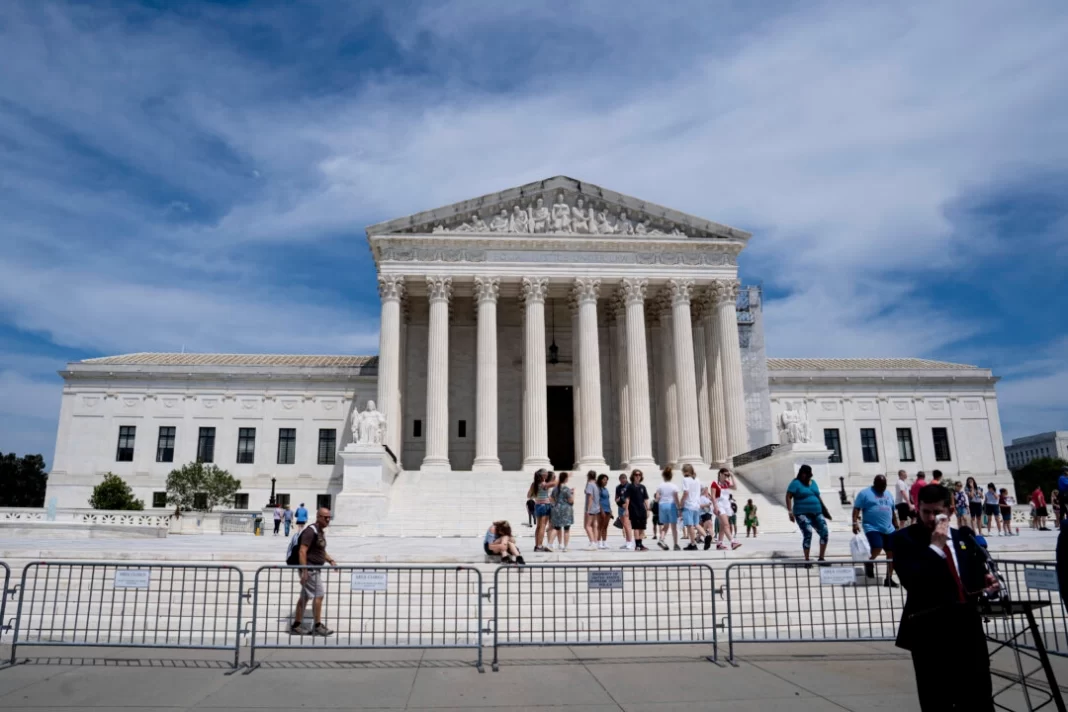Let us now, after more than thirty years, state what has been obvious for a decade at least. The Palestinian-Israeli conflict cannot be resolved through the proverbial “two-state solution.” The latter no longer has serious credibility and will not be a way forward out of the quagmire of conflicting claims in Israel, Judea and Samaria (i.e. West Bank), Jordan Valley and Gaza – not to mention the competing political interests of foreign power brokers each with their own agenda.
Efforts by the US, EU and UK to perpetuate the now irrational belief that such a solution is feasible only nurtures false hope in the hearts of those whose lives are affected by such rhetoric. And it is damaging to one’s psyche; it can foster resentment, especially if one lives in the region.
The contours of the Palestinian-Israeli conflict have been and will continue to be shaped by participants in and out of the region. But people are beginning to view the disputed issues differently. Since the 1993 Oslo Accords, the US and France in particular have contributed enormous money, will and effort to bring the vaunted two-state solution to fruition. These countries believe that in achieving it three things will occur: an end to what is construed by some as the Israeli occupation of Palestinian land, establishment of a Palestinian state and termination of any further claims to the conflict.
But, as the conditions necessary for that solution became unfeasible, actually remote, scholarly arguments previously justifying
it began to wane in number and influence in diplomatic venues. And this despite the efforts by the US, France and the UK to keep it alive for purely political reasons which have everything to do with control in the region, and nothing to do with what is in the best interest of the Palestinian people or for that matter Israel.
Moreover, the international community in general has (in the past ten years) demonstrated no resolve in making it a reality. The Israeli government(s) have demonstrated little political inclination towards such a “solution.”
There are today three quarter million settlers in what is referred to by the international community as the West Bank (i.e. Judea and Samaria) and East Jerusalem. This in itself precludes (at least presently) the basis for a two-state solution: the necessity of separating the two communities is a current impossibility.
The attempts thus far to find the solution have been illusive for reasons more fundamental than acknowledged by the parties involved. It has been assumed that the participants (Israel, Palestinians, US, EU ‘a la France’ UK) are actually willing to engage to that end. This is not the current state of affairs. Foreign power brokers have agendas that are about control grounded in political hegemony in the region. Israel and the Palestinians each have their own quite different reasons for a solution.
Normalization with Israel
As recently as September of last year, Reuters reported, “Saudis putting aside Arab Peace Initiative amid Israel normalization talks – officials.” The headline reveals the reality of the Israeli-Palestinian situation as seen through the lens of the US, Saudi Arabia and Israel. Riyadh will continue to pay lip service to the proposal of conditioning peace with Israel on a Palestinian state, but those involved in the effort say the kingdom is ready to normalize ties for less.
The Reuters article states further that Saudi Crown Prince Mohammed bin Salman appeared close to acknowledging that Riyadh is prepared to normalize ties with Israel in exchange for concessions that fall short of statehood for the Palestinians.
“We hope it will reach a place that it will ease the life of the Palestinians,” the Crown Prince said, referring to talks with the US as an opportunity to boost Palestinians’ livelihood, rather than their political sovereignty.
The reality of statehood for the Palestinians no longer appears to be the mechanism driving normalization with Israel.
Beyond the Status Quo
Yet, there is a compelling issue that has been completely overlooked by all the parties involved. Early on in the “peace process” it was assumed that once a solution was found, the issue of Palestinian rights would become a fait accompli. Today, the issue of rights remains a glaring problem, and everyone seems willing to look the other way. Since the number of Palestinians living in areas under Israel’s control constitute a majority, this issue can no longer be ignored.
The status quo on the ground is rapidly deteriorating and represents a major stumbling block in Israel’s relations with the Palestinian people. The Israeli government currently applies two separate legal systems in Israel vis-a-vis Palestinian and Jewish citizens of Israel. Moreover, given the current political climate in the region, while it understandably
limits the right of self-determination in Israel to the Jewish population, Palestinians and settlers in Judea and Samaria have two separate legal systems. Again, one can understand the latter given the history of violence and mistrust there. But Human Rights Watch, Amnesty International, and others use the label ‘apartheid’ to describe Israel’s dual status of the Palestinians. This view, without properly understanding the context of application of the various systems, is an irresponsible misnomer, however, it agitates against Israel’s best interest in the region and international community.
We are left with only one inference to draw from the current status quo – a state of political paralysis regarding Oslo. Despite some commendable efforts to implement the Oslo Accords, three decades of failed attempts has brought us to today’s political stalemate with no vision for how it could ever eventuate.
The younger Palestinian generation seems to have given up on the ability of its own leadership, and that of the international community, to find a sustainable solution. What we do not want is for them to take matters into their own hands, with all the problems attendant to that– the Third Intifada?
In light of the above concerns, those who genuinely seek peace in the region must now give heed to altering their positions regarding the basis for Palestinian statehood – when, how and where.
Nonetheless, there remains a viable possibility for peace in the region – one which also includes dignity for both Israel and the Palestinian people. The recent Saudi peace and security proposals with the US, Israel and the Palestinians must be given considerable weight and attention within the region. Although there are several versions being discussed, with its fruition several key results will likely eventuate. Moreover, there are rational regional and international strategic motives for the US, Saudi Arabia, and Israel to engage. There are issues involving energy (Iran, Egypt), security (Iran, Egypt, Lebanon, Saudi Arabia, Judea Samaria), political stability (Lebanon, Gaza), economics (Lebanon, Gaza), humanitarian concerns (Gaza) and normalization (Arab League, Israel) which could be addressed amicably and with far greater likelihood of permanency should the proposal come about.
The US–Saudi–Israeli proposal could if nothing else stop the perpetual conflict and ultimately lead to a permanent home for the Palestinians. But on a more immediate note – based on need and priority – the status quo must end. Israel and Palestinians must each emerge from the proposal with dignity.
If a rights-based approach to the livelihood and future of the Palestinians is pursued (as Crown Prince MBS suggested), progress can be made toward better relations between Israel and the Palestinian people with the dignity of each intact.
Whether or not the proposal manifests in immediate statehood for the Palestinians is another matter. But fostering dignity through respect for Israel’s security interests and a rights-based approach to the livelihood of the Palestinians is a necessary first step – one that has never been taken before.
The region needs a new social, economic and political paradigm that emphasizes at least steps toward ceasing the conflict, a permanent home for the Palestinians but above all, efforts designed to move beyond the status quo into the realm of dignity and integrity for the parties involved. And the latter initiative needs to begin now as part of any peace proposal. Although foreign power brokers will impede the process unless it is to their distinct political advantage, the outcome with respect to the above is achievable. And a rights-based approach to negotiations commensurate with Israel’s security needs can be an integral part, now, of what ultimately becomes “the solution” to the Israeli-Palestinian conflict.
In a subsequent article I will look at what lies beyond the status quo. It seems that since the time of the Palestinian Mandate, there has always been a home for the Palestinians. Great powers decided otherwise – for political reasons.







